Feeling Hooked on Coffee? Here’s What “Coffee Addictive” Really Means
Wondering if coffee addictive is more than a myth? Explore the science, emotional pull, withdrawal signs, lifestyle rituals, and how to reclaim balance—while keeping coffee culture joy intact.
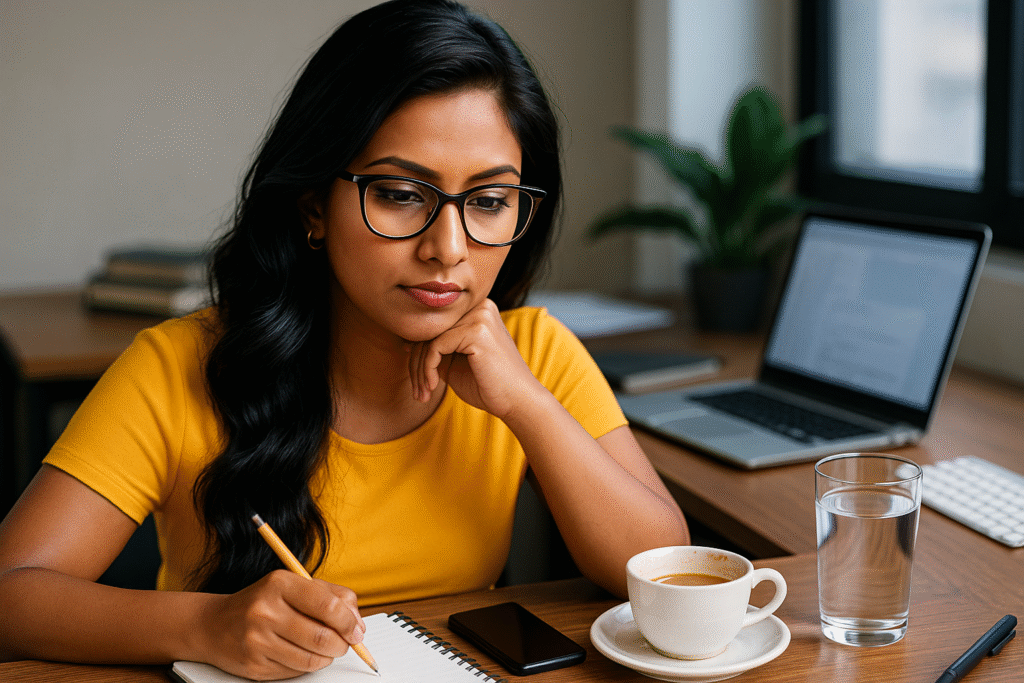
The Morning I Felt the Pull
One bleary morning—brain fog thicker than my blanket—I reached for that first cup before even opening my eyes. Later, in a sunlit café midday, I felt the familiar tingle when coffee approached. Was it ritual or craving? I wondered: Is coffee addictive, or just comforting? That question led me on a journey, from emotional moments to scientific clarity and mindful balance.
Understanding “Coffee Addiction”
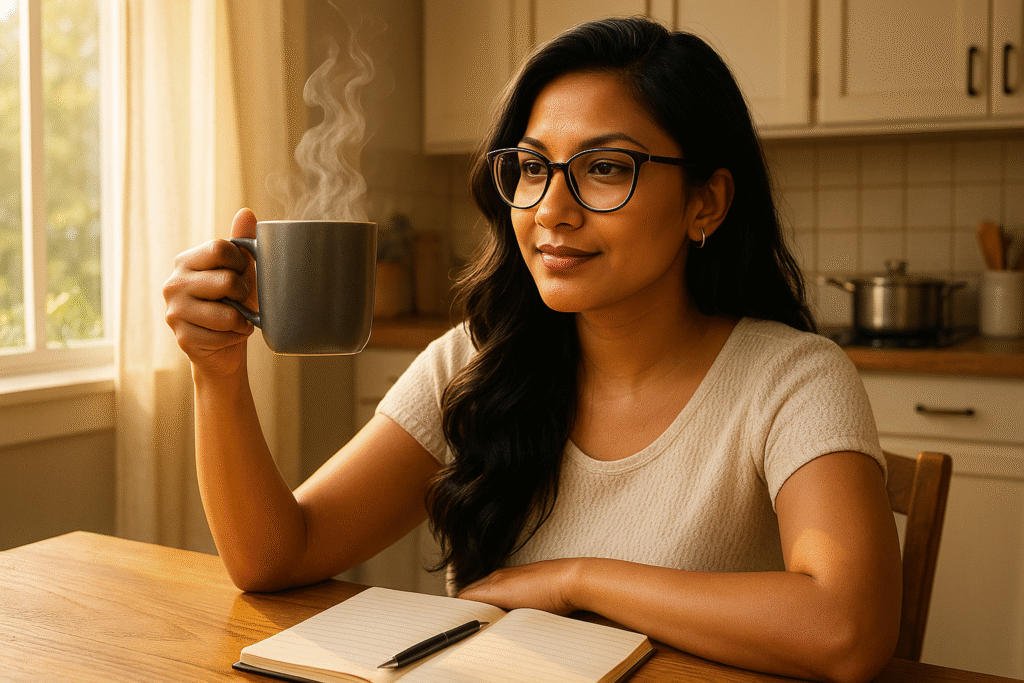
Coffee contains caffeine, a mild psychoactive stimulant. Around 90% of adults regularly consume it. Science recognizes both dependence—where your body adapts—and, for some, addiction-like patterns: persistent desire, craving, and difficulty cutting down despite knowing consequences .
Yet, the clinical definitions matter. Caffeine doesn’t produce intense cravings or harm typical “addictions” do. Still, many experience mild withdrawal—headaches, irritability, fatigue—within 12–48 hours of stopping . So yes—coffee caffeinates habit, but it’s usually a gentle companion, not a full-blown captor.
Why We Call “Coffee Addictive”
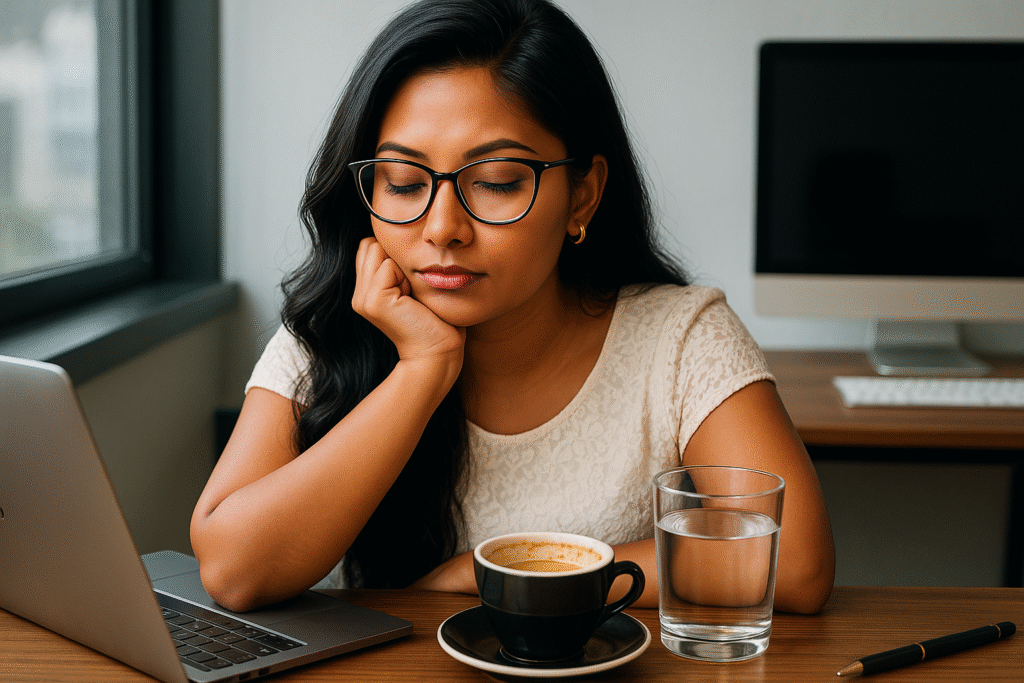
-
Neurochemical effect: Caffeine blocks adenosine receptors, boosting dopamine lightly—creating reward, but not the swing of stronger drugs en.wikipedia.org+13goodrx.com+13healthline.com+13en. wikipedia.org.
-
Tolerance building: Over time, you need more to feel the same lift, leading to daily rituals and reliance goodrx.com+1addictioncenter.com+1.
-
Withdrawal symptoms: Headaches and low mood when you skip coffee? That’s real physical dependence pubmed.ncbi.nlm.nih.gov+6en.wikipedia.org+6verywellmind.com+6.
-
Genetics at play: Some people metabolize caffeine slowly, prolonging the effect and reinforcing habit—but others clear it fast and feel little goodrx.com+10self.com+10myhealth.alberta.ca+10.
Coffee isn’t a street drug—it’s a routine drug. And that makes it emotionally powerful.
Coffee in Daily Life: Ritual or Habit?
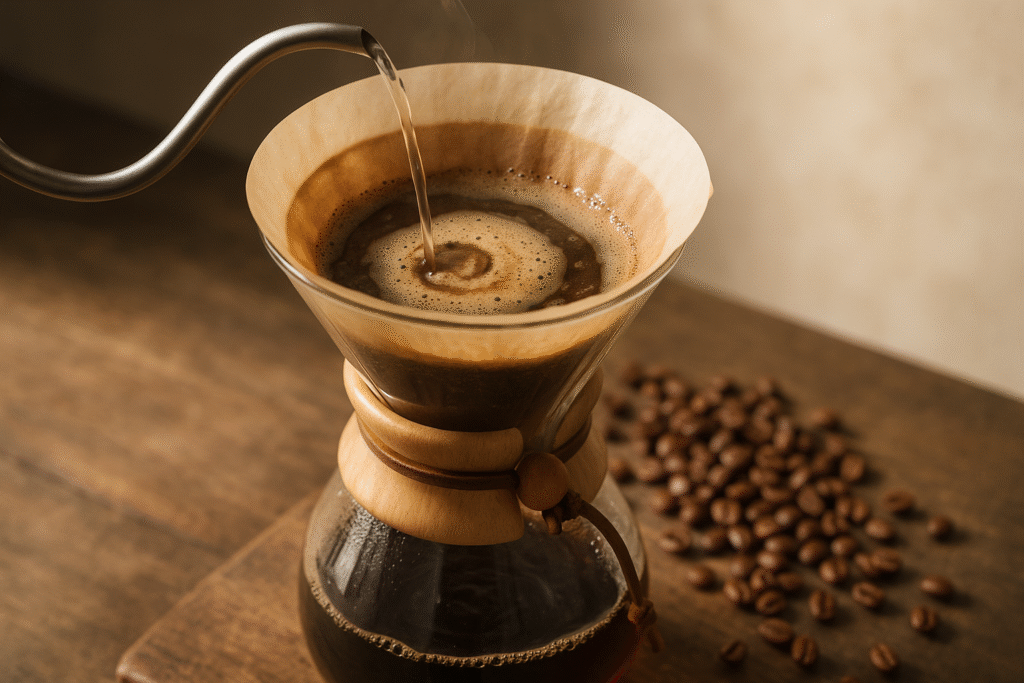
Sunrise Ritual
My morning pour-over is meditation—grinding, inhaling, waiting—then my first sip feels both cozy and empowering.
Social Connector
“Coffee?” becomes shorthand for check-ins, creativity time, confessions, and laughter. It’s context, connection, heart.
Midday Guardrail
That second brew at 3 p.m.? Sometimes it’s focus. Other times it’s habit—guided by routine, not need.
Even small moments show how coffee weaves into mood and meaning—but careful awareness keeps it beautiful, not binding.
Signs You Might Be Overdoing It
| Sign | What It Could Mean |
|---|---|
| Headaches when skipping | Early sign of caffeine dependence |
| Feeling off without coffee | Body adjusts to routine stimulation |
| Need extra cups daily | Tolerance creeping higher |
| Anxiety or jitteriness | Too much caffeine, or sensitivity |
| Bedtime disrupted | Even late-day cups impact sleep |
These aren’t doom signs—just invitations to reflect: is coffee serving your life, or steering it?
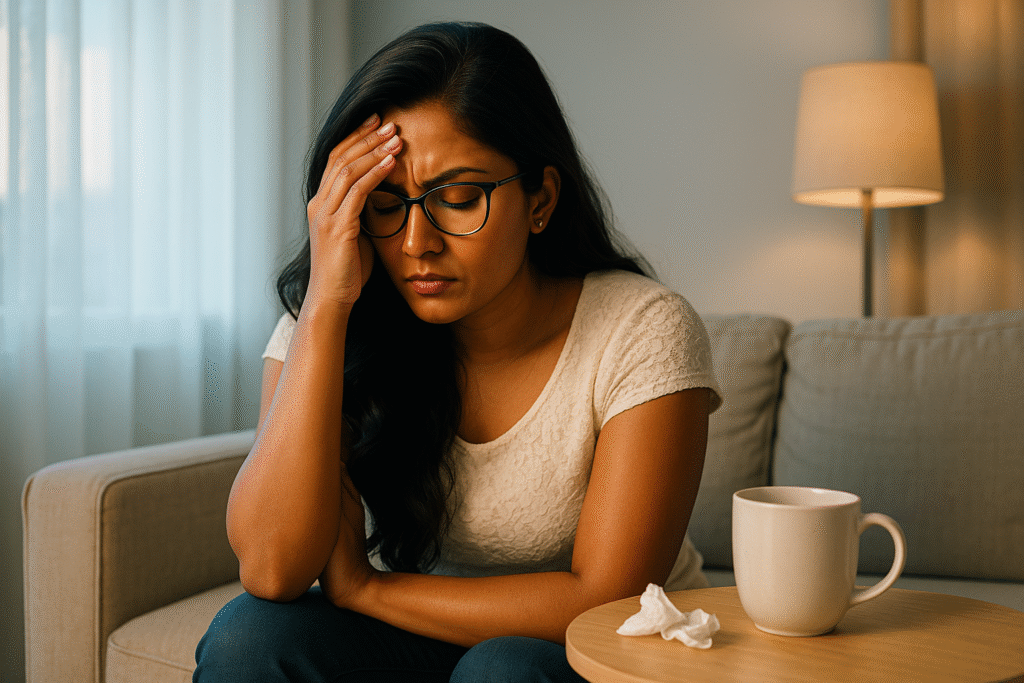
Balancing the Habit
-
Decaf or half-caf in afternoons
-
Switch to tea later in the day—still comforting without caffeine pump
-
Track your cups—aim for under 400 mg daily (about 4–5 cups) goodrx.com+1verywellhealth.com+1
addictioncenter.com+3glamour.com+3time.com+3 time.com+1en.wikipedia.org+1 -
Rest days: 1–2 caffeine-free mornings weekly
-
Hydrate!—coffee is a mild diuretic, so balance with water
Taming the habit keeps coffee’s joy without inviting overdependence.
Emotional Truth: Coffee Can Comfort—but Also Cradle
I once went caffeine-free for a week—no headaches, but evenings felt clearer. And mornings? Lacked that gentle ritual anchor. So I returned—purposefully. Now my coffee ritual is an informed choice: comfort, yes—but coded with boundaries and awareness.
Coffee remains a daily ally—but not a need-driven master.
Final Sip
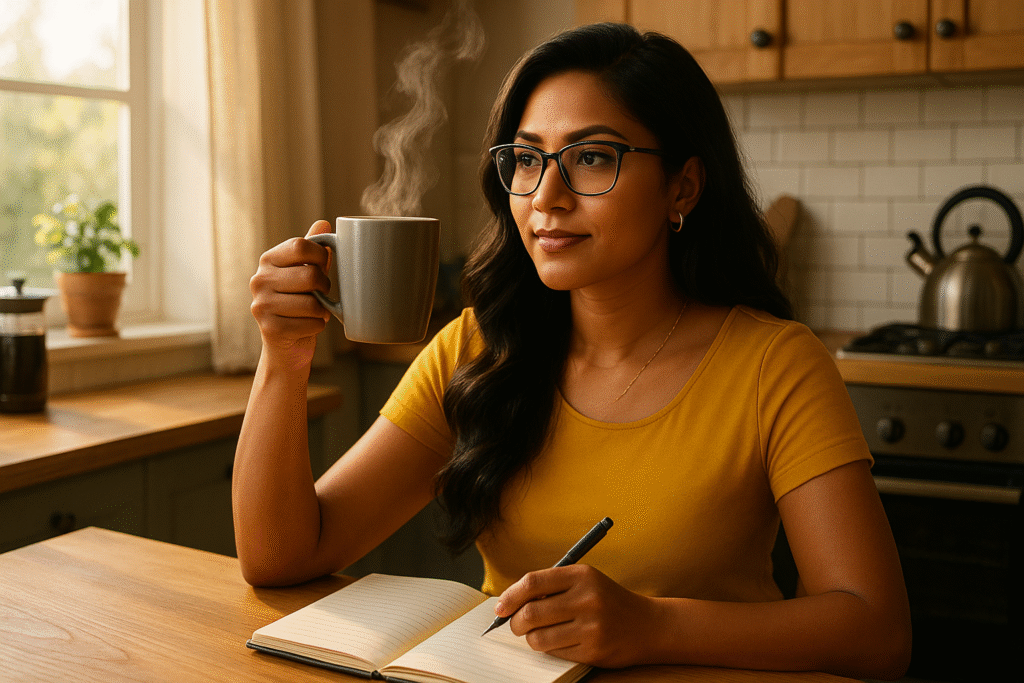
Is coffee addictive? The honest answer: it can be—for some of us—but usually, it’s a gentle dependence wrapped in rituals, scent, flavor, and connection.
That first sip can spark joy, focus, or calm—but only if we drink with awareness. Notice the pull, assess the impact, and decide every cup serves your life—not steals it.
If coffee is your friend, let it stay that way. Savor it. Celebrate it. But don’t let it rule your routine. With mindfulness, each cup remains a choice—and every sip truly cherished.
